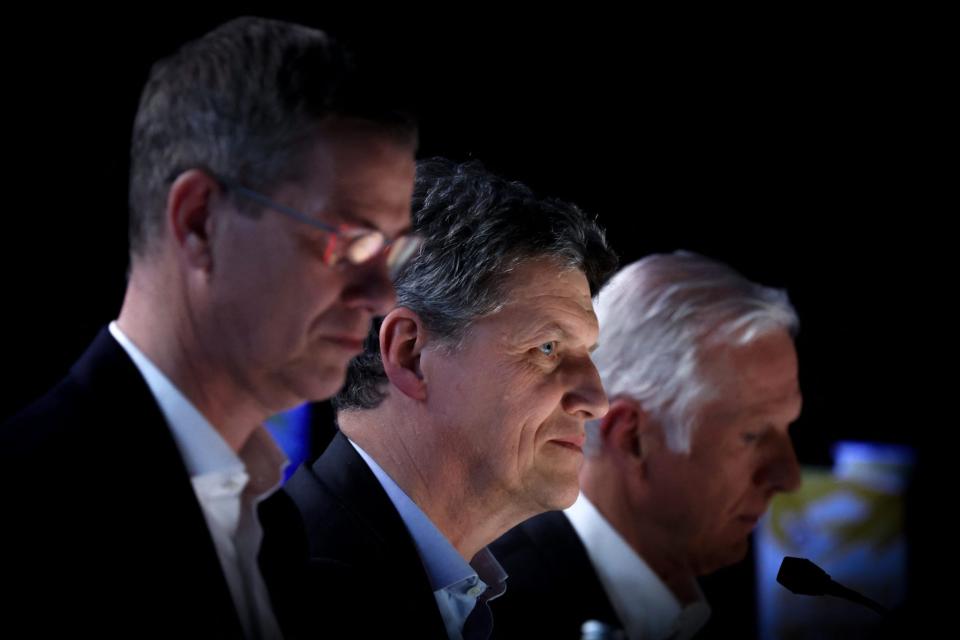While American companies go quiet on climate change, Europeans keep banging the drum

There has been a sharp drop in references to climate change and related topics in financial statements by the largest listed companies in the U.S., according to a Bloomberg transcript analysis.
So far this year, mentions have fallen by 60% to 279 at the top 100 U.S. firms. At the largest 100 European companies, the drop was far less pronounced—only around 10% fewer references, at 671.
Why do we care?
In business as in many other things, talk is cheap. But that doesn’t mean you can’t learn something from what companies say.
The fact American companies aren’t talking about climate change as much as before suggests increasing wariness of getting involved in culture wars. The backlash over ESG investing in the U.S.—along with AB InBev’s struggles over Bud Light and Disney’s tussle with Ron DeSantis—hardly encourages sticking your neck out over contentious issues.
The fact that Europeans are still talking about it reflects the relative depoliticization of climate change—the speed and depth of net zero policies are still election issues in countries like the U.K., but there is a stronger general consensus over the need to decarbonize.
What happens next?
The key question is whether not talking about climate—or at least not feeling as much pressure to talk about it—will lead to less action by American businesses relative to their European rivals.
European executives and investors already have a reputation for greater engagement in ESG—non-profit CDP awarded 44% of its global 'A-rankings' for companies' environmental impact and transparency to European firms, for example—which suggests that to some extent businesses move as a herd on such issues. In essence, the pressure you feel to do more—or to slow down—depends on where you stand relative to your peers.
If U.S. public discourse is nudging its companies towards a more neutral or apolitical stance, it may lead to further divergence from Europe over time.
But we’ll only know that when we see what companies do, rather than what they say or don’t say.
Further reading
BlackRock doubled spending on security for CEO Larry Fink amid growing backlash to ESG investing
This story was originally featured on Fortune.com

 Yahoo Finance
Yahoo Finance 